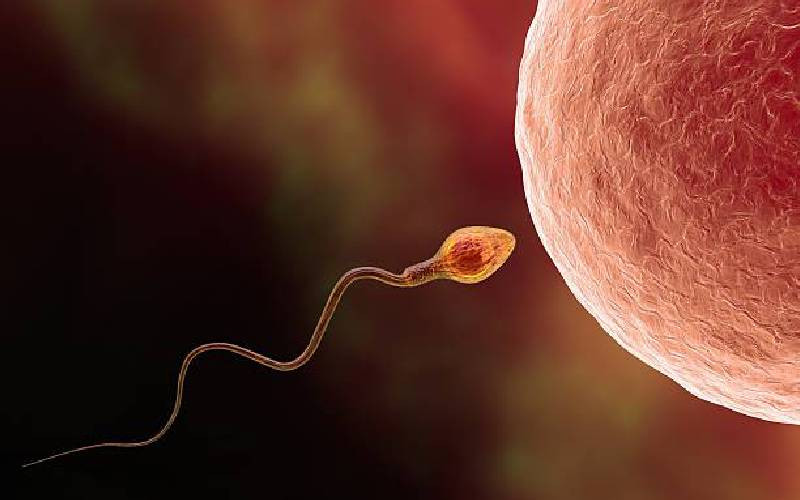×
The Standard e-Paper
Stay Informed, Even Offline

Esther Kwamboka, 19, is uncomfortable talking about sex but finds it "easier when I talk to my peers about such taboo topics, but not in the open and to everyone."
Despite her shyness, Kwamboka is a teen mother to a one-year-old son.